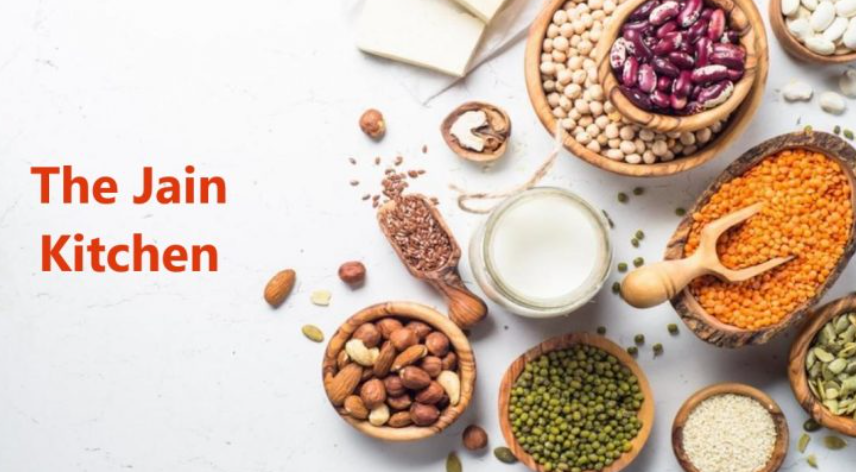Your cart is currently empty.
The Jain Diet: A Path to Spiritual Nourishment and Holistic Well-being

Introduction:
In a world where dietary trends and lifestyles constantly evolve, the Jain diet stands out as a unique and spiritually grounded approach to nourishment. Rooted in the principles of Jainism, an ancient Indian religion that emphasizes non-violence (ahimsa), truth, and asceticism, the Jain diet goes beyond the realm of culinary preferences. It is a way of life that seeks to minimize harm to all living beings, promoting not only physical health but also spiritual well-being.
Understanding the Jain Diet:
The Jain diet is fundamentally plant-based, with a strong emphasis on non-violence and compassion toward all living beings. Adherents of Jainism believe that every living organism possesses a soul, and therefore, consuming any form of life involves causing harm. Consequently, the Jain diet avoids the consumption of root vegetables like onions, garlic, and potatoes, as harvesting these plants involves uprooting the entire plant and causing harm to the life within the soil.
Key Components of the Jain Diet:
-
Vegetarianism: The Jain diet is strictly vegetarian, and many Jains also avoid certain vegetables that are believed to have a higher risk of containing microorganisms or insects.
-
Non-violence (Ahimsa): Ahimsa is a core tenet of Jainism, and it extends to the Jain diet. Practitioners strive to minimize harm to all living beings, choosing foods that have the least impact on the environment and other life forms.
-
Satvik and Pure Foods: Jains prefer foods that are considered pure and have minimal impact on the mind and body. Fresh fruits, vegetables, nuts, and grains are staples, and processed or fermented foods are often avoided.
-
Fasting and Penance: Fasting is a common practice among Jains, especially during Paryushana, an annual eight-day festival. Fasting is seen as a means of spiritual purification and self-discipline.
Benefits of the Jain Diet:
-
Promotes Compassion: By adhering to a plant-based diet and avoiding harm to any living being, the Jain diet fosters a deep sense of compassion and respect for all life forms.
-
Spiritual Purification: Following the Jain diet, which includes fasting and mindful food choices, is believed to contribute to spiritual purification and the cultivation of a peaceful and disciplined mind.
-
Health and Well-being: A plant-based diet rich in fruits, vegetables, and nuts is associated with numerous health benefits, including lower rates of heart disease, diabetes, and certain cancers.
-
Environmental Consciousness: The Jain diet aligns with principles of sustainability and environmental consciousness, as it minimizes the ecological footprint associated with food production.
Conclusion:
The Jain diet is not just a set of dietary guidelines but a holistic approach to living in harmony with the principles of non-violence, truth, and asceticism. By embracing a plant-based lifestyle and making mindful food choices, followers of Jainism not only contribute to their physical well-being but also embark on a journey toward

